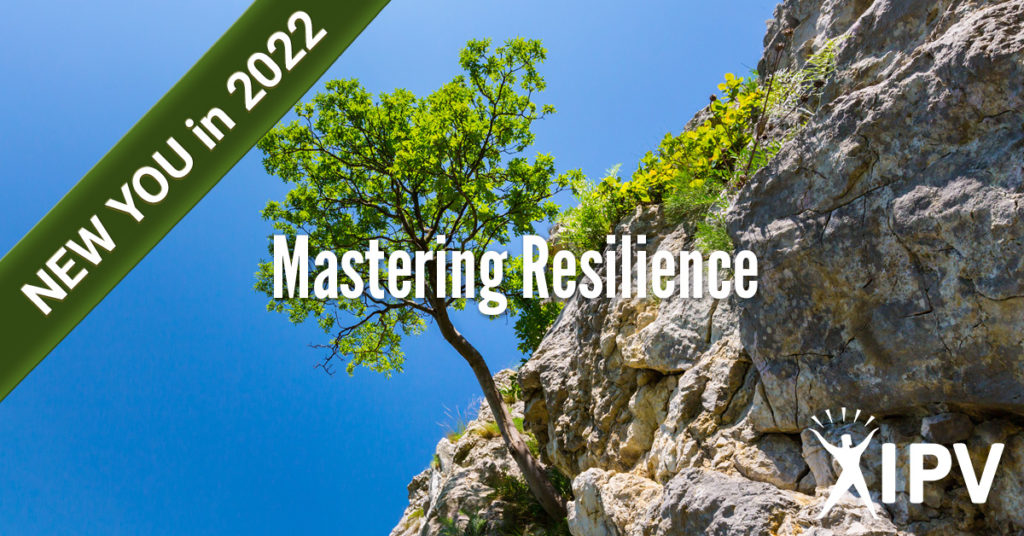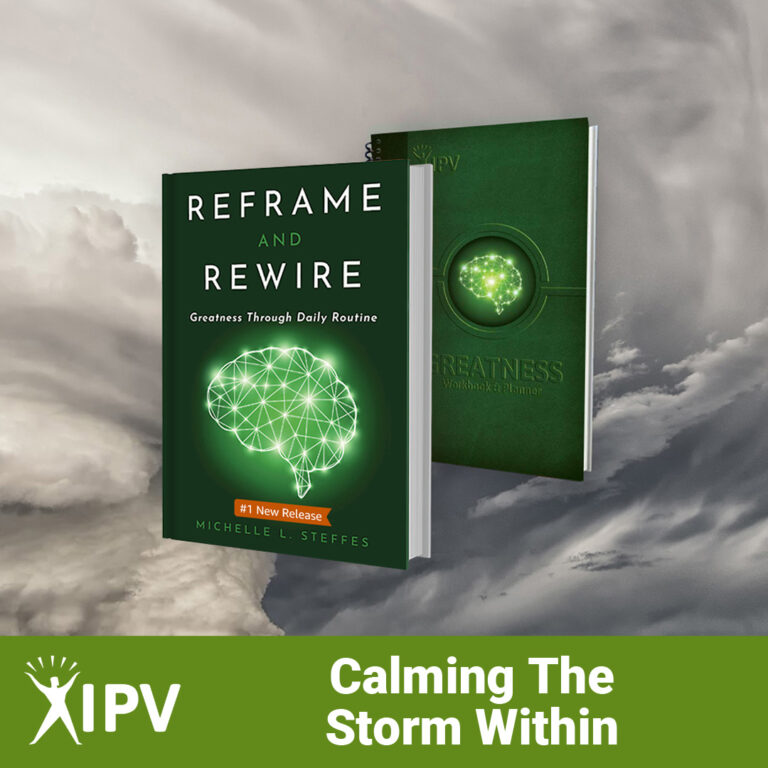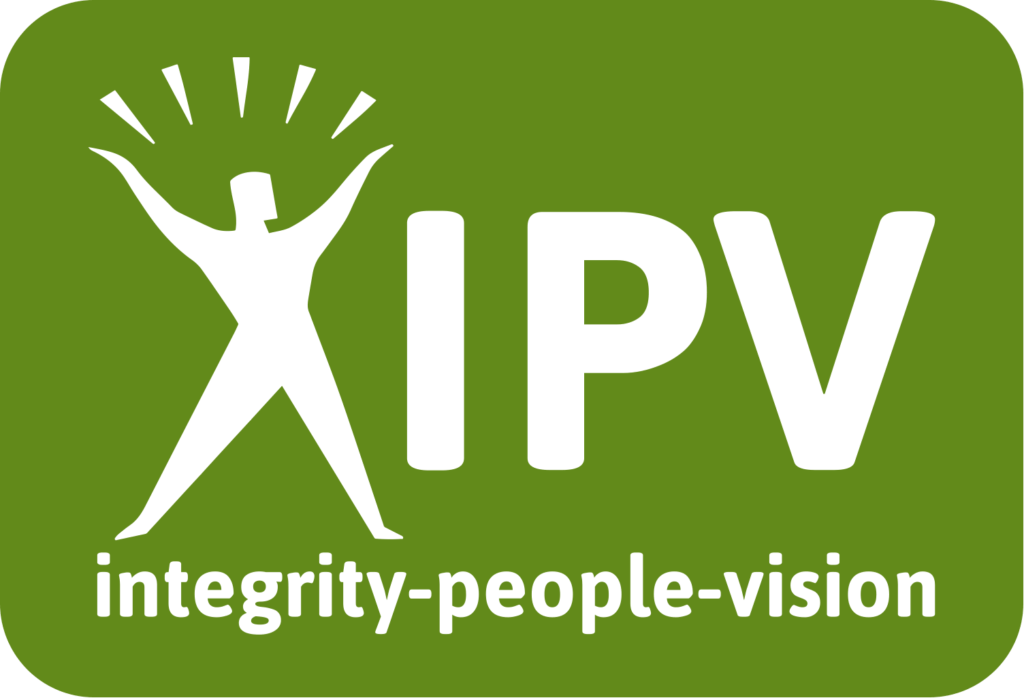
Weather Changes Large and Small by Understanding Their Impact
Wrapping your head around the cycle of change is a crucial step on the path to changing your habits. Michelle identifies seven stages in this cycle, detailing each in her latest episode of the Resilience in Times of Change podcast.
This will help you understand where you might be on the cycle and identifying what each of the cycles is, but also helping you realize when change does happen, even big ones, that you’re equipped to handle it.
Listen to the third episode below, or scroll below the player to read the full transcript!
Listen to "Resilience in Times of Change: Episode 3"
Welcome to Reframe and Rewire: Greatness Through Daily Routine. This podcast is designed to alter your mindsets and transform your day to day, from the second you open your eyes till you close them at night, adapting what I would call a success routine. This series is liable to change your life. And it’s never the big things that you do, but the littlest things you do every day that make the biggest difference. And now, onto the podcast. Thank you for joining.
Welcome back to the podcast as we continue in this new series, A Resilience in Times of Change, a four-part resiliency course. And, I want to go ahead and continue where we left off yesterday as I began to dive into the understanding of the cycle of change. And there’s a total of seven stages in this cycle, and I want to be able to share those with you in detail, not only to help you understand where you might be on the cycle and identifying what each of the cycles is, but helping you realize, hey, you know what? When change happens, big changes, you’re normal. You’re okay. All right? And you’re going to be okay. But, you also need to understand all seven of these stages on the cycle in order to grasp how to get to the other side, and what your vision or goal is to reach the other side.
I’m going to give you specific tips and understanding as to how to get there. And of course, we’re going to spend a lot of time on building resilience after I get through these four cycles. And I’m going to provide a little worksheet for you with the cycles on it, that you’ll be able to download. So, this is going to be an important one of the series, because it kind of lays the foundation on what change can do to us in our lives. And so, I want to be able to, as I said, spend enough time on it today, and it probably will be all I can get through in today’s episode.
So, let’s jump in and identify the processes on the cycle of change. Yesterday, when I left off, I said, whether you’re dealing with maybe the dissolving a relationship. Maybe you’ve lost a job. Maybe you’re dealing with financial matters that are devastating to you that may have happened all of a sudden. Maybe it’s an illness or a death in the family. All of us end up going through these cycles. So, stage one is a sense of loss. And we all had that at the beginning of COVID. Every one of us.
Yesterday, I asked you to think about one major change that’s happened in your life, even besides COVID. So, you can kind of think about that as you’re walking through these stages with me. And when you have that sense of loss, you have a feeling of fear that just automatically grips you. And that’s normal. You feel this sense of caution and you’re paralyzed. You just kind of freeze in your steps, and you’re not really sure how to move forward. You can’t even really digest what’s just happened. It doesn’t seem like reality to you at all.
In fact, as we go into stage two, we end up in doubt. And with doubt, we can feel angry and that’s normal. We can be mad that this is happening to us. We can feel uncertain, not sure whether or not we know what do to move forward, or even if we can move forward. Maybe we’re thinking in our minds that we’re not going to be able to move forward. And we get ourselves into denial where we’re just totally not believing that this just happened. And we start to try to reason ourselves out of it, or hope that someone’s going to pinch us and wake us up out of this nightmare. So, that’s stage two, and it’s doubt. Very normal to get into that stage.
Stage three. You feel distressed, anxious. We may feel confused, still really kind of in a fog from what just happened. Even though maybe we’re further into it, we’re still unproductive and struggling with how in the world we’re going to get a grip and move forward. Now, I will say this before we go to the next stage, because I want you to understand something. Although all three of these stages are very, very normal, and everybody who goes through massive change has to go through these stages, it can be different for everyone. It could be days. It could be weeks. It could be months. It could even be years to get through these three stages. But I will caution you, if it takes you too long, you’re in danger of losing an awful lot. An awful lot. And that’s what I’m concerned about with you. With anybody, anybody who’s gone through massive changes.
So, although it’s normal to have to go through these three stages, we should try to cope and get through them as quickly as possible. If we don’t start making some decisions after stage three, we risk losing our job and many other things. Because the next stage is called the danger zone and this is where there’s fallout.
Now, if it’s you personally that’s having fallout, you may have mental resignation where you just kind of crawl in the corner and decide you’re going to give up. You can’t do this anymore. It’s too hard. The struggle is too huge. The pain is too large. You may end up with some physical disorders, some mental disorders from the overwhelming stress that you’ve been under, especially if you’ve been under it for too long. And we’re going to get into detail more on why that may happen to you.
And then, losses. You’ll have this feeling of just emptiness and loss. And that’s a dangerous place to be, because now you may start losing relationships, be pushing people away from you. You don’t even know you’re doing it, but you’re just doing it because you don’t know what else to do. You want to be alone. You just want to crawl back under the covers. You don’t feel any sense of purpose anymore. That’s all fallout. That’s all the danger zone.
So, it’s time to make a decision at this point. Now, if we’re talking about an organization, which I do a lot of corporate training, so I speak to a lot of people at an organizational level. So, I’ll mention this to you if you happen to be a leader listening right now. So for you, the danger zone and fallout might be that your employees are not doing well. They’re not faring well through the changes that have occurred in the organization. And so, your fallout might mean that you have to fire them because they’re not being able to move forward. They’re non-productive, or they become toxic in the organization in some way, shape, or form. So now, you’re forced to let them go for that reason.
Or, they just quit, because they can’t deal with it anymore. They don’t want to be there anymore. And no matter how you a slice it, it’s going to be a profit loss because, as you know, retention is very expensive when it doesn’t stick, and we have to retrain people.
So, however, the losses are, the danger zone is, the point that I need to make before I sign off today, is you’ve got to make a decision at this point. Look, okay, I’ve been in this funk too long. I’ve been in stages one through three. It’s time to figure out how to move forward.
And that’s where I want to pick up tomorrow when we jump back into this. And I want you to understand, everybody has to get to this place where they’re going to make a decision. Do you want to be a victim, or a victor? Do you want to win this fight? Or, do you want to just go down in flames? Because everyone gets to make that decision, no matter whether you’re an organization and you’ve got to regroup and plan again. Or, whether you’re a person and you have to regroup and figure out how you’re going to move forward and get the help you need, if you need it.
So, whether that’s, again, corporately or individually, we have to make those decisions. All right, I’ve run over a little bit, so I’m going to stop at this point. We’ll come back tomorrow. This is Michelle Steffes, Refrain and Rewire. Join me as we continue on this journey of resilience course.
Would your company or organization benefit from a group coaching series on Resilience?
Want More? Get the Book!
Amazon #1 New Release
Now an Amazon #1 New Release, Reframe & Rewire is an in-depth, step-by-step study guide on the science of habits.
Get insight, tools, and inspiration to build a routine that will empower every aspect of your life. Pages filled with compelling statistics, case studies, and elements of neuroscience and human physiology.
You will discover irrefutable science-backed evidence that, when applied, will transform your state of mind, ultimately giving you total control of your life, career, and destiny.
Through small, daily changes utilizing this interactive journey, you will discover new methods of thinking and living that will revolutionize your world and propel you to GREATNESS!
In This Book:
- 7 Actual Case Studies
- The Brain Science Behind Habits
- Retraining Your Brain Through Cognitive Restructuring
- Heart Science, Energy, and the Law of Attraction
- Powerful Principles of Influence and Greatness
- Tips and Tools to Build Your Success Routine






